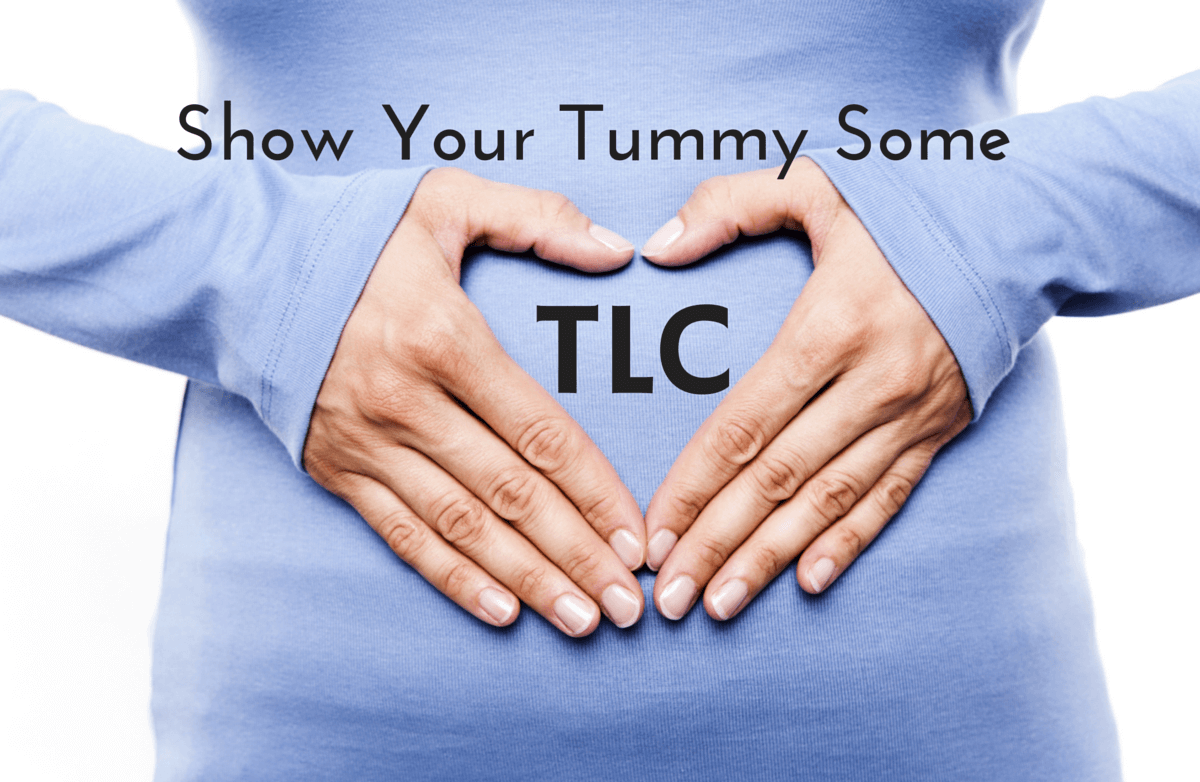|
Greetings to everyone. I'm thrilled to share this guest blog on DailySpark.com to share my wit and wisdom on all things healthy living. The SparkPeople community is a powerful and potent network of wonderful folks supporting one another as they strive to achieve mental and physical fitness through a healthier lifestyle. Kudos to all of you for doing your best to live the rich and rewarding life each of you so deserves. This blog is all about the brand new science of food and addiction. As a physician and scientist and Pew Foundation scholar in nutrition and metabolism, I have devoted years to studying this issue and am thrilled to see that scientists around the globe continue to produce brilliant work to help people manage what is now emerging as a major problem in the field of weight management. Even the Secretary of Health and Human Services, Kathleen Sebelius, noted in a recent pronouncement that a new and significant cause of overweight and obesity is food addiction. SparkPeople has done a masterful job of enlightening the community about this cutting-edge new science. I've been following the personal journeys of so many people who are struggling with cravings, binges and addictive urges for what we now call the hyperpalatables--sugary/fatty/salty/refined/processed food combinations. Let's meet Samantha, one of my patients, who is featured in my book, The Hunger Fix, which described the new science in consumer-friendly terms. The beast never went away, it was just hiding, waiting to strike. I was blindsided, and by the time I really consciously realized what was happening, it was too late. A clear consciousness of what was happening didn't emerge until real physical terror— I woke up choking, because stomach acid was running up my throat into my mouth from my anxiety. I had bought bags of candy, intending to make Christmas cookies for everyone, but suddenly I had to feed the beast. I hid candy in the freezer, the car, even wrapped in a sock strategically placed through- out the house. I felt ashamed, tricked, embarrassed, mortified, and angry. The anger fired me up and gave me strength to face the beast. I'm nauseous just admitting my darkest moments of addiction— my friends, family, and husband would be shocked to know! The Hunger Fix, pages 166-167 Thanks to the advent of specialized scans that allow researchers to peer into the brain, we've discovered what is now believed to be the basic mechanisms underlying all addictions. This is what is happening inside your brain:
1) Are you a food addict? Something to keep in mind is that people who struggle with food and addiction come in every size, from skinny to obese. The skinny folks have just learned how to rein in calories enough to allow them to continue their addictive behaviors. They're not healthy or fit. Appearances can be quite deceiving. Binging on a particular food(s) is very common. To help you, Yale University researchers have created a validated quiz to help you determine if you do indeed have this problem. Take the quiz. 2) Reclaim your brain. For all addictions, it's imperative to do what it takes to heal both the reward and executive centers in the brain. In order to do this, you need to tell your true truth and make a list of any foods that, after consuming, leave you feeling out of control and launching into overeating. Pitch them now. Will you ever be able to have them down the road? That's not possible if they keep lighting up your reward center and knee jerking you into the fridge. If you're cross addicted, the answer is a firm "no." Brain healing can only take place in the absence of the addictive food products. 3) Use an integrative approach. In my work, I use the pillars MIND MOUTH MUSCLE. In each category there are so many easy steps you can take to detox and pop into lifelong recovery from food addiction. Here are some highlights: a) Meditate: Science now shows that when you regularly practice meditation (especially mindfulness and transcendental meditation) you activate and promote healing in the executive center of the brain. You also increase vigilance and stay present as you live through each day. b) Switch Foods: I call addictive foods False Fixes. Switch out False Fixes with Healthy Fixes. Bag the salty fatty corn chips and bake some kale chips. Get smart and curb cravings by combining protein and fiber throughout the day. The brain perceives fullness and your appetite is reined in. Works like a charm and you're less likely to cave to the crave. 4) Practice the 24-hour rule. Biggest Loser celeb Tara Costa wrote the forward to my book and helped promote our 24-hour rule. Here's how we teamed to make it work for you:c) Grow a Bigger Brain: Get up and be more active throughout the day. When you do, scientists have shown that you actually stimulate the brain (including the executive center) to grow more brain cells and new circuits to duke it out with the addictive ones. That's why my Hunger Fix motto is "Big Brain, Small Waist". The bigger and more powerful your brain, the better your decisions and the smaller your waist. a) Study your own eating patterns throughout a 24-hour period. Identify the "red zones" when you're more likely to cave to the crave--morning, lunch, 3 p.m., dinner time, after dinner, any or all of the above. b) Start every day by saying "Today I will______" and keep to your daily goals. "Today I will eat my mid-afternoon snack on time and be mindful at dinner." c) Be prepared for the red zones by making certain you have the foods you need throughout the day (healthy meals and snacks), staying physically active, getting sleep and practicing better stress management. d) Take it hour by hour and keep saying to yourself "I'm doing well and I can do this." Stay present and mindful. Keep a food log to stay honest. Keep a vision of your goals. 5) "A Square it" every day. I made up this verb--A2 -ing it means adapting and adjusting to life's stresses without resorting to self-destruction. Stress is the Achilles heel of people who have addictions. By preparing ahead of time for predictable stresses and by practicing meditation, getting enough sleep, creating a strong support system around you and strategically reducing as much stress in your life as possible, there's less of a tendency to crumble and cave. 6) Create a Healthy Voice. People with addictions often listen to what others say about them and believe those voices above their own. It's time to stop that and instead create your own Healthy Voice. SparkCoach is a wonderful way to learn how to support yourself as you work through each day. So are the helpful comments from your SparkPeople support system. Dump the unhealthy voices and develop your own "You Can Do This" affirmations.There's so much more, but this is a good beginning to help you understand the gist of what's known about food addiction science and treatment. I welcome your thoughts, comments and stories and look forward to sharing more. Congratulations to everyone as you embrace each day to its fullest, remembering to live, laugh and love. Do you suffer from food addiction? Which of these tips will help you the most? .jpg) Dr. Pamela Peeke is an internationally recognized expert, physician, scientist and author in the fields of nutrition, fitness and integrative medicine. Dr. Peeke is the New York Times bestselling author of Fight Fat after Forty, Body for Life for Women and her new book, The Hunger Fix: The 3 Stage Detox and Recovery Plan for Overeating and Food Addiction (Rodale, 2012), which presents the groundbreaking new science of food and addiction, noting the latest NIH based research showing that food addiction is real. Dr. Peeke is a Pew Foundation Scholar in Nutrition and Metabolism, Assistant Professor of Medicine at the University of Maryland and Fellow of the American College of Physicians. Dr. Peeke has teamed with the US Surgeon General to create the Surgeon General Walks for a Healthy and Fit Nation. She is a member of the Maryland Governor’s Council on Fitness, and is national spokesperson for the American College of Sports Medicine’s Exercise is Medicine global campaign. In her laboratory at the National Institutes of Health, Dr. Peeke’s original research helped establish the scientific foundation for the relationship between chronic stress and belly fat. She was also the first senior research fellow at the NIH Office of Alternative Medicine where she explored the new science of holistic and mind-body modalties. Dr. Peeke is a regular in-studio medical commentator for the national networks and is a monthly columnist and contributing editor for numerous national magazines including Prevention, O, Fitness, and More Magazine. Triathlete, marathoner and mountain climber, Dr. Peeke is founder of the Peeke Performance Center for Healthy Living™ where she conducts her Peeke Week Retreats teaching her Peeke Performers how to mentally and physically challenge themselves in magnificent outdoor destinations including hiking the Grand Canyon, Zion and Bryce National Parks. |
Popular Entries
Related Entries
More From SparkPeople
|





















